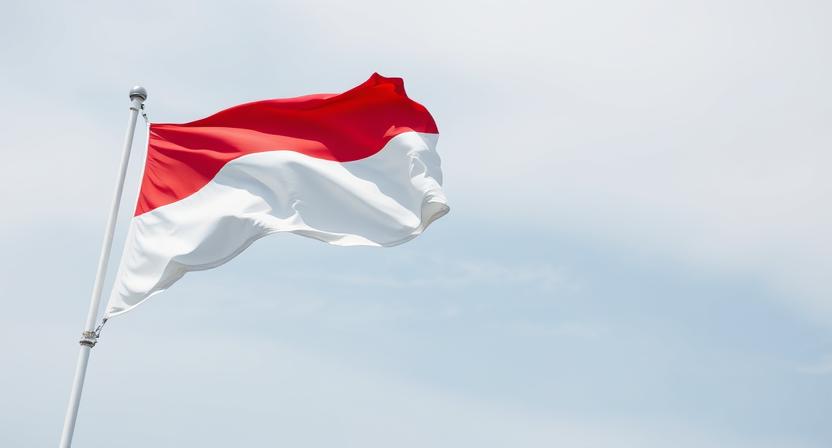- About Us
- Legal Services
- Family Law
- Property
- Marriage
- Immigration
- Contact
- Payments
This is a summary of the Treaty Between the Government of the Kingdom of Thailand and the Government of the Republic of Indonesia Relating to Extradition (Signed 29 June 1976). Likewise the Treaty seeks to reinforce bilateral cooperation and historical friendship by establishing a legal framework for mutual extradition obligations between Thailand and Indonesia. Likewise see the articles on the extradition from Thailand page as well as the does Thailand extradite to Canada article. This is similar to the question, does Australia have an extradition treaty with Thailand as well.

Article 1 – The obligation to extradite. We know that both Parties undertake to extradite individuals. This subject to the Treaty’s terms. Those who are either charged or convicted in the requesting State.
Article 2 – The Extraditable Offences. Extradition is applicable only to offences listed in the Annex. These include attempts and abetment. The list may be amended by mutual diplomatic agreement.
Article 3 – Political Crimes Exception. Extradition shall not be granted for political offenses. Those except for attempts on the life of a Head of State or their family.
Article 4 – Nationals. Firstly each Party may refuse to extradite its own nationals. They however must consider domestic prosecution upon request, unless no jurisdiction exists.
Article 5 – Place of Commission. The extradition may be refused if the crime was committed wholly or partly in the territory of the requested State.
Article 6 – Concurrent Proceedings. Note that Extradition may be denied if domestic proceedings for the same offence are ongoing.
Article 7 – Double Jeopardy. Likewise you will note that Extradition shall not be granted if final judgment has been rendered in the requested State.
Article 8 – Rule of Specialty. An extradited person may only be prosecuted for the offense for which extradition was granted unless: · Additional consent is obtained, or · The person remains or returns after having the opportunity to depart.
Article 9 – Provisional Arrest. There may also be an urgent provisional arrest requested. This pending formal extradition documents. These documents must be submitted within 20 days to avoid release.
Article 10 – Surrender Procedure. You will note that the requested Party must notify its decision. Likewise explain refusals, and coordinate the surrender logistics. In addition failure to collect the person within 30 days may lead to release. Likewise to bar future extradition for the same offence, except where a delay is justified.
Article 11 – Postponed Surrender. The surrender may be deferred for the completion of local prosecution. Likewise the serving of a sentence.
Article 12 – Property. Like with any crime evidence or crime-derived property found with the accused may be handed over. This however is subject to domestic law and third-party rights.
Article 13 – Applicable Procedure. Note that extradition proceedings shall follow the domestic law of the requested State.
Article 14 – Costs. The requested State bears expenses incurred within its territory.
Article 15 – Request Format and Documentation. The requests must be in writing. These include but not limited to include legal documents. These documents include the warrant or conviction. Likewise detailed case information, and be in English. See legal translation in Thailand.
Article 16 – Dispute Resolution. Note that any disputes shall be resolved by negotiation or consultation.
Article 17 – Entry into Force. The Treaty enters into force upon the exchange of ratified instruments.
Article 18 – Termination. Note that either Party may terminate the Treaty with six months’ notice. Note that any ongoing cases shall not be affected.
Annex – List of Extraditable Offenses: The extraditable offenses includes 27 categories. These raneg from murder, rape, drug trafficking, robbery, bribery, piracy. Also any other serious criminal acts. The list is amendable by diplomatic agreement.
Ratification:The Treaty was ratified by Thailand on 25 February 1980 by the Minister of Foreign Affairs, Air Chief Marshal Siddhi Savetsila.
Governing Language Clause: The Treaty is equally authentic in Thai, Indonesian, and English, with the English version prevailing in case of dispute.
Legal Effect. This Treaty between the two states forms a binding bilateral agreement. It is used for establishing mutual legal obligations in extradition matters. Likewise grounded in reciprocity, due process, and respect for sovereignty.
Note: Always use a Thai marriage certificate translation for your translations.
The information contained in our website is for general information purposes only and does not constitute legal advices. For further information, please contact us.
